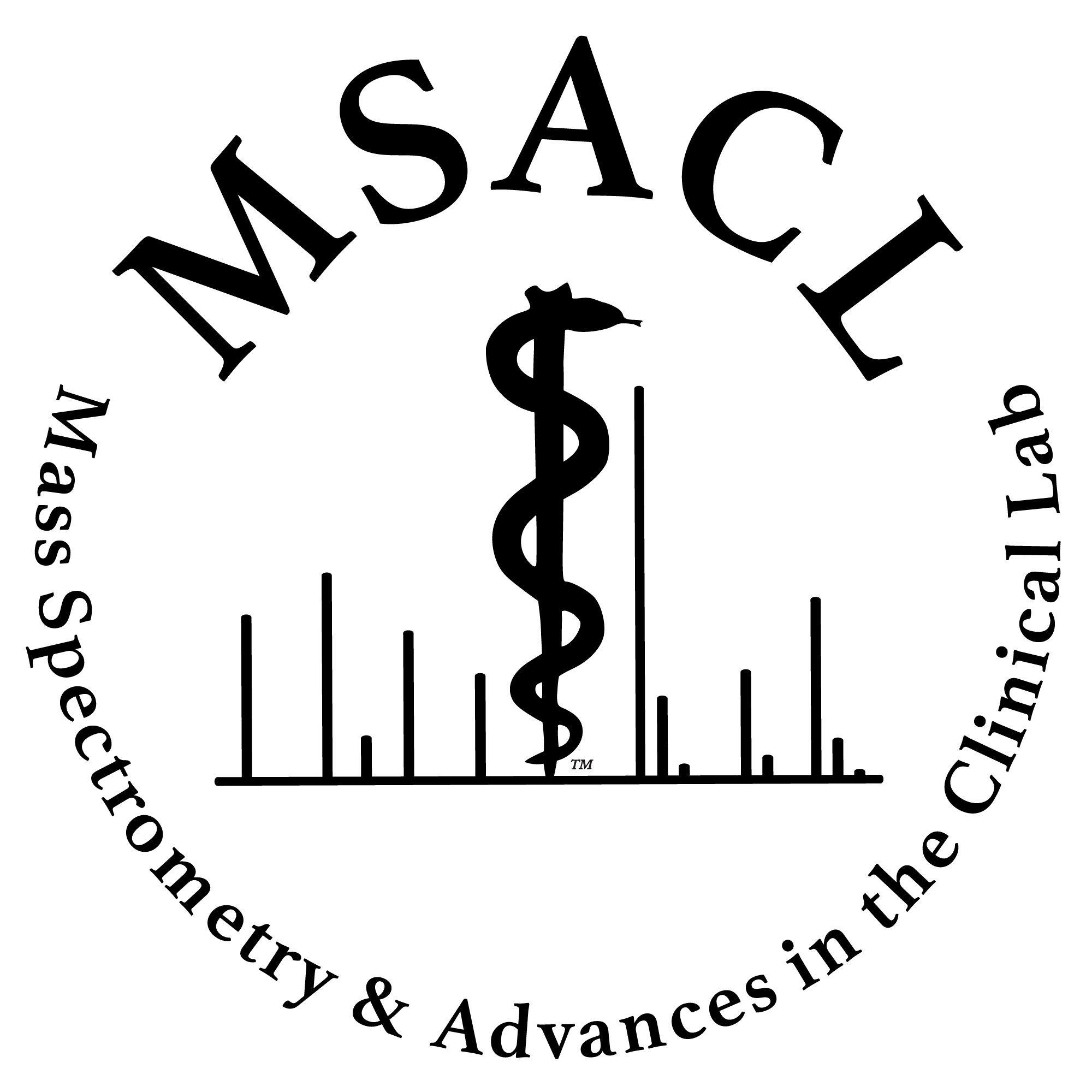MSACL 2023 Abstract
Self-Classified Topic Area(s): Environmental Sustainability > Emerging Technologies
|
|
Poster Presentation
Poster #7b
Attended on Thursday at 12:30
|
|
 The Tipping Point: Lab Sustainability and the Future of Single-use Plastic The Tipping Point: Lab Sustainability and the Future of Single-use Plastic
Ali Safavi
(1) Duke University
(2) University of North Carolina Chapel Hill

|
Ali Safavi (Presenter)
Grenova |
|
Presenter Bio: Ali Safavi, founder, President, and CEO of Grenova, is on a mission to enable laboratories around the world to become sustainable and waste-free. Ali founded Grenova, which is short for Green Innovation, after 8 years working in the life sciences industry and discovering an unsustainable practice within the laboratories. Grenova was founded based on innovating green technologies and manufacturing automated devices to wash and reuse plastic consumables for the laboratories.
Today, Ali’s award-winning company has created the only technology solution in the industry that enables life sciences and healthcare laboratories to reduce their plastic consumables biohazard waste and cost by over 90%.
As a result of his work, Grenova has eliminated over 900M pipette tips, equivalent to over 2.6M lbs. of plastic that would have otherwise ended up in landfills as biohazard waste. In addition, Grenova has helped the industry save over $80M by washing and sanitizing pipette tips. Grenova headquarters is currently located in the Greater Scott’s Edition in Richmond VA, 32,000 sf. with over 50 employees. Ali’s ultimate vision is to implement an automated cleaning technology device in every lab across the globe to safely clean and sanitize all of the used plastic consumables from each lab’s daily operation and return them back to the lab for reuse over and over again without any compromise on quality and performance. For these efforts, Ali was named one of the Top Healthcare Innovators of 2019 in Healthcare Technology magazine, Top Innovator by Silicon Valley Magazine, and Top 10 Best Successful CEOs of 2020 by the Industry Era publication. Grenova was recognized in 2019 as an “Inno On Fire” company by American Inno, rvAwesome Awards finalist by Venture Forum, and the Technology Project of the Year award winner by Richmond Technology Council. Ali has also been a speaker at the TED Talk.
|
|
|
|
|
Abstract Description:
Operations of scientific laboratories are largely built upon the accepted use of disposable products. Every day, massive amounts of pipette tips, microplates, and cell flasks are consumed and thrown away after a single use, only to be incinerated or tossed into a landfill. In this session, we will discuss ways to minimize this detrimental impact on our environment by reducing the amount of waste generated from the assays conducted in labs, while maintaining the integrity of the data produced.
Background:
Disposable pipette tip usage for automated genomic assays is substantial, contributing to high operational costs and massive waste of plastic. Following one-time use, pipette tips are discarded as waste, incurring additional disposal costs. A solution to minimize the environmental impact is to implement innovative green technologies and manufacturing automated devices to wash and reuse plastic consumables for the laboratories. Studies have demonstrated the effectiveness of tip washing systems at removing molecular-level contaminants.
Discussion and Conclusion:
Our studies demonstrated the effectiveness of tip washing systems at removing molecular-level contaminants. Dirty pipette tips washed with a tip washer showed a 4-million-fold reduction in contaminating DNA compared to unwashed tips, which is sufficient to allow re-use for most applications. Additionally, control samples showed equivalent Ct values in fresh and washed tips, demonstrating that cleaning solutions used during the wash process are thoroughly removed by the rinse cycles, and that no interfering wear occurs. Tips come out of the washer in practically new condition and can be washed again and re-used up to 10 times, for a 90% reduction in tip costs.
|
|
Financial Disclosure
| Description | Y/N | Source |
| Grants | yes | |
| Salary | yes | |
| Board Member | no | |
| Stock | yes | |
| Expenses | no | |
| IP Royalty | no | |
| Planning to mention or discuss specific products or technology of the company(ies) listed above: |
yes |
|

